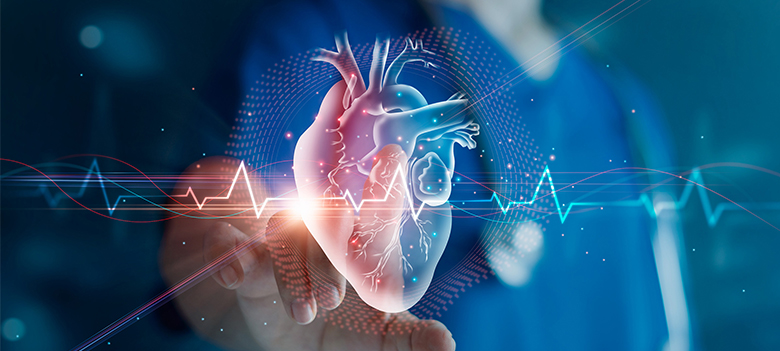What is Myocardial Perfusion Imaging?
Myocardial Perfusion Imaging (MPI) is a non-invasive scan that allows us to assess the function and blood flow of your heart at rest and after stress by injecting a radioactive tracer and taking images using a gamma camera. This test helps your provider decide the need for further treatment or the appropriate surgery for your heart condition.
Do I need this scan?
MPI is indicated for patients with known heart conditions. It is common for those who have chest pain, shortness of breath, fatigue, or prior cardiac complications.
How should you prepare for the exam?
The morning of your test we ask that you don’t take your medications. Some medications can alter your test results. We also ask that you do not eat or drink 12 hours prior to your test if possible. If you are walking on the treadmill wear comfortable clothes and shoes that are good to walk in. For male patients it may be necessary for us to shave a portion of your chest to be able to attach the EKG pads.
What can you expect?
This test will take about two hours to complete. You will get two separate sets of images, a rest and stress image and then a cardiologist compares them.
There are two ways to stress your heart. The first is to walk on the treadmill until your heart reaches the desired heart rate. If you are unable to walk on a treadmill we use a drug that makes your work harder like you are running on a treadmill.
During this test you will be attached to a EKG so that we can monitor your heart.
Commonly asked questions:
Are there any side effects from the tracer?
Some patients can get a metallic taste in their mouth after receiving the tracer. These tracers do not contain dye or iodine. They should have no affect on your body. This just allows us to see your heart on the camera.
Are there any restrictions following this exam?
Usually there are no restrictions following this test. It is a very low amount of radiation. Although it can be beneficial to increase your fluid intake after the test so that the tracer passes through your body faster.
How and when can I find out my results?
If the technician sees anything super concerning, they will let the doctor know immediately. But if not the studies will be sent off to a cardiologist to be read, and within a few days the results will be sent back to your physician. Until then just live life as normal.

